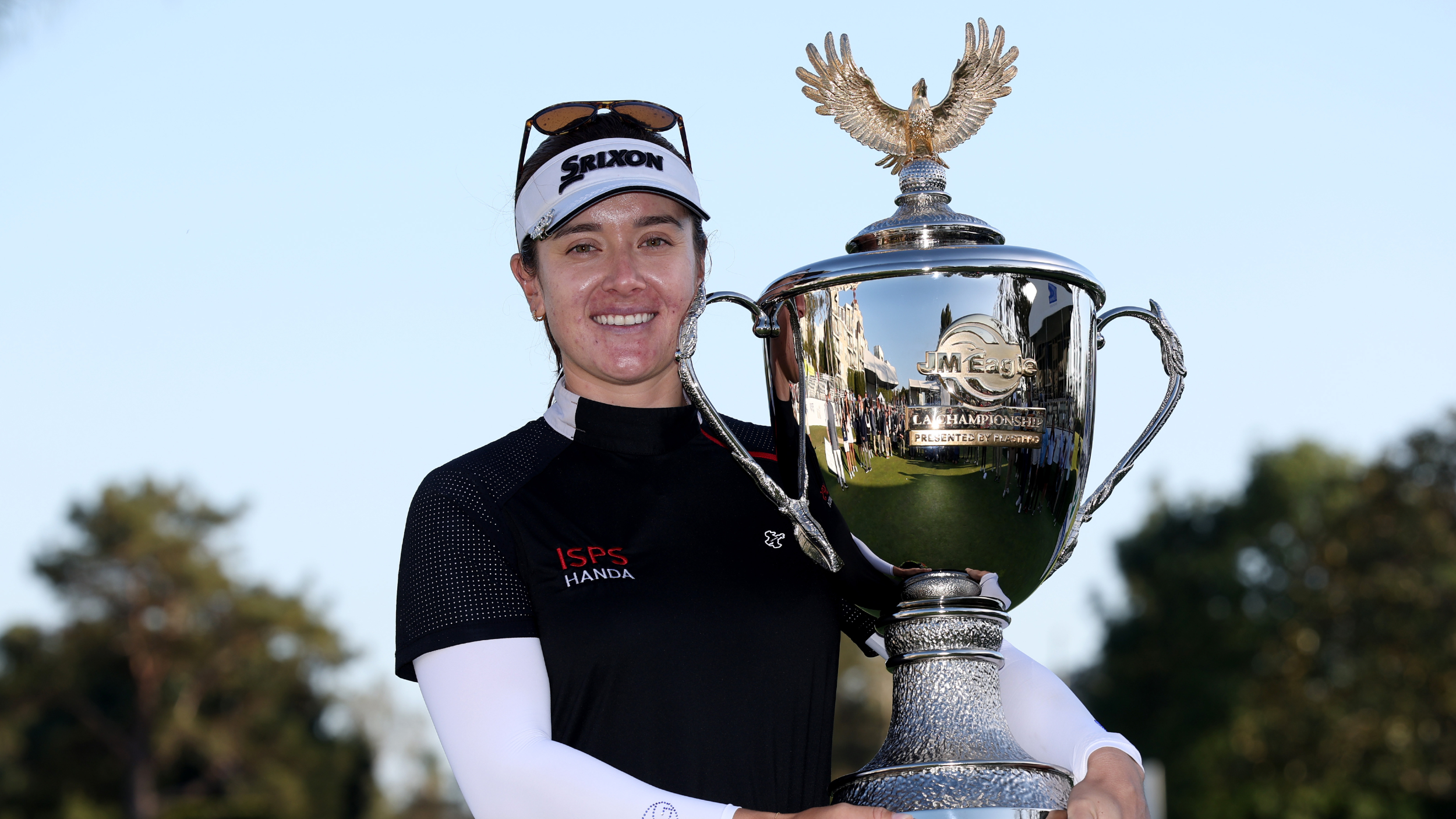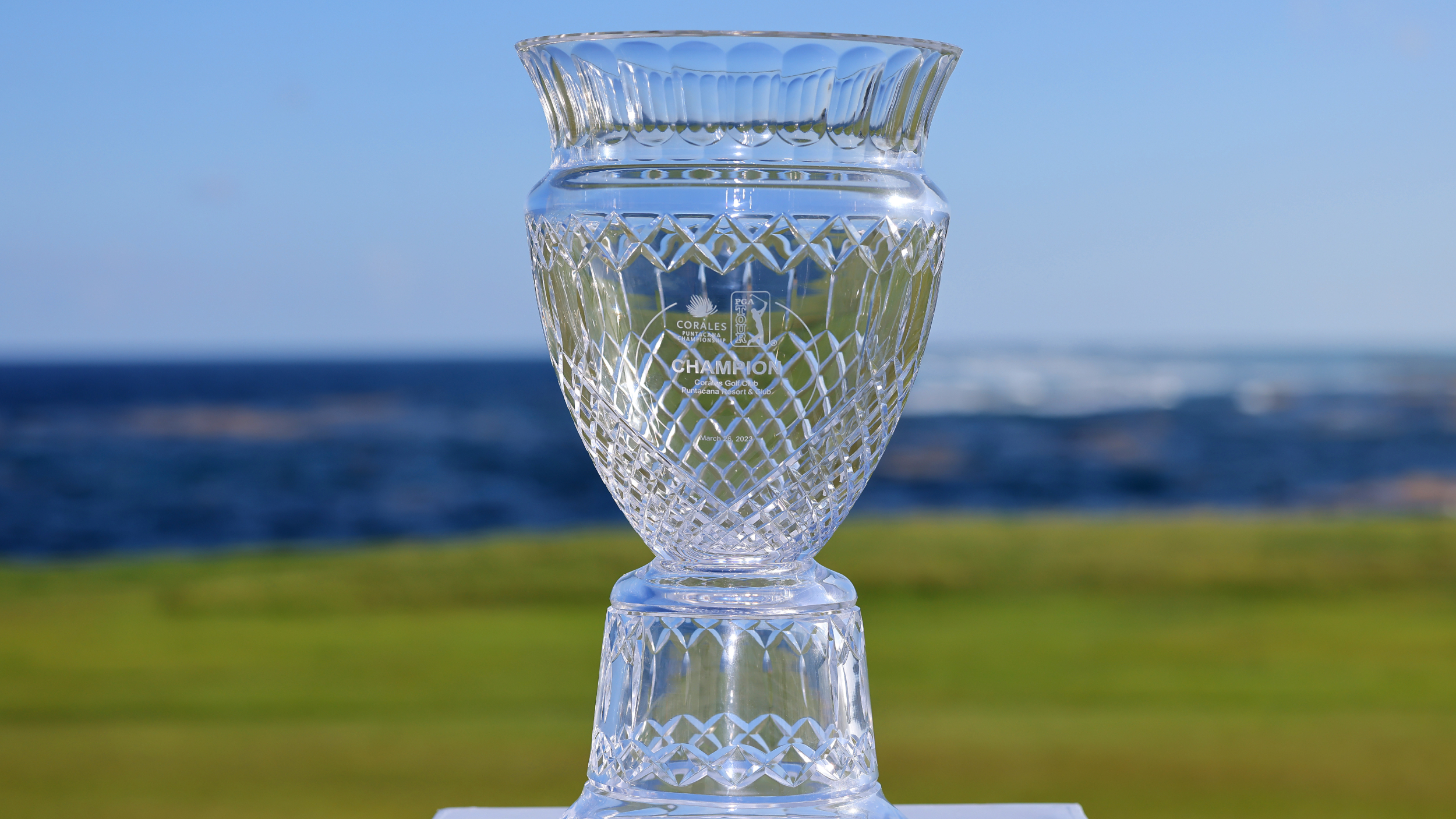Fergus Bisset: Professional amateurs
A district junior match was played at Fergus' club yesterday and it led him to consider the elite amateur game.

Yesterday, the North East District’s juniors took on their contemporaries from Angus in a match at Banchory. My first reaction on hearing about the contest was, “What, on a Wednesday? It better not interfere with the Medal.” Then, on realising the 36-hole match had been carefully slotted in around the Medal, my concern turned into curiosity. I was interested to check out the standard of the current crop of top Scottish youngsters.
What struck me was how well they swing the club and how similar their actions are. For me, Rory McIlroy exhibits the perfect example of the modern golf swing and it’s clear these elite juniors and their respective coaches are aiming to achieve the same goals of width, power and balance. There was far less evidence of “stacking and tilting” than I’d expected. The boys I watched complete their swings looking poised and steady, despite having turned so far that the clubhead is basically pointing at the target. I couldn’t get into that position without slipping a disc.
The other thing I noticed was the level of support these youngsters clearly enjoy. Each side had an impressive entourage made up of officials, scorers, parents and coaches. Both teams had matching apparel and a look at, or in, any of their “Tour” bags proved they’re not wanting for equipment.
The backing top amateur golfers receive is greater than ever before – each of the UK’s golf unions (plus many of those across the globe) provide their elite squads with all the facilities and assistance they might require - coaching, fitness training, psychologists, equipment, etc…
In fact, when it comes to preparation, there’s very little difference between the top guys in the unpaid ranks and the pros. It means the best amateurs can seriously challenge in professional tournaments. That’s evidenced by the fact two European Tour events in 2009 have been won by amateurs (Danny Lee and Shane Lowry.) Matteo Manassero also displayed the strength of the amateur game at the Open Championship. The 16-year-old’s play was as good as anyone’s at Turnberry, it was only a lack of experience that prevented him seriously contending the title.
I follow most domestic elite amateur tournaments to cover them in the Leaderboard pages of GM. The scoring in these events is astounding. In the four-round tournaments the winning totals are regularly between -15 and -20. And it’s not just one or two outstanding amateurs who are capable of shooting those numbers, there’s a troop of them.
I think, in the next ten years, we’ll see an increasing number of young amateurs making a fast and successful transition to professional success. These kids have been trained to swing the club perfectly, to believe in their own ability and to maintain their bodies in peak physical condition. I’m afraid things are going to get even tougher for the 30-something journeyman tour pro.
Get the Golf Monthly Newsletter
Subscribe to the Golf Monthly newsletter to stay up to date with all the latest tour news, equipment news, reviews, head-to-heads and buyer’s guides from our team of experienced experts.
It’s exciting to see such talent waiting in the wings but there is a downside to the exceptionally high standard of amateur golf. It means we rarely see success from a “real amateur” - the guy who holds down a 9-5 job but takes a week off and wins the Brabazon Trophy. The vast majority of today’s elite amateurs are full-time golfers. They’re dedicated to practising and preparing with a view to making the move into the paid ranks. They may not yet receive huge cheques for their performances but it’s the only thing actually amateur about their golf.

Fergus is Golf Monthly's resident expert on the history of the game and has written extensively on that subject. He has also worked with Golf Monthly to produce a podcast series. Called 18 Majors: The Golf History Show it offers new and in-depth perspectives on some of the most important moments in golf's long history. You can find all the details about it here.
He is a golf obsessive and 1-handicapper. Growing up in the North East of Scotland, golf runs through his veins and his passion for the sport was bolstered during his time at St Andrews university studying history. He went on to earn a post graduate diploma from the London School of Journalism. Fergus has worked for Golf Monthly since 2004 and has written two books on the game; "Great Golf Debates" together with Jezz Ellwood of Golf Monthly and the history section of "The Ultimate Golf Book" together with Neil Tappin , also of Golf Monthly.
Fergus once shanked a ball from just over Granny Clark's Wynd on the 18th of the Old Course that struck the St Andrews Golf Club and rebounded into the Valley of Sin, from where he saved par. Who says there's no golfing god?
-
 JM Eagle LA Championship Prize Money Payout 2025
JM Eagle LA Championship Prize Money Payout 2025The LPGA Tour heads to California for the JM Eagle LA Championship, where the largest prize money payout of the season so far is on the table
By Mike Hall
-
 Corales Puntacana Championship Prize Money Payout 2025
Corales Puntacana Championship Prize Money Payout 2025The PGA Tour’s latest opposite field event features an attractive prize money payout and some former champions in the field
By Mike Hall